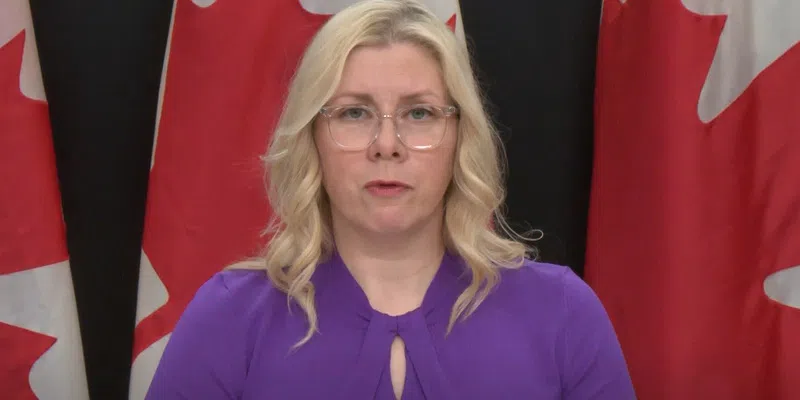The federal government’s task force watching potential security and intelligence threats to the election process is warning the public about fake content around the upcoming leadership debates.
Laurie Anne Kempton highlighted some of the things to watch for in the task force’s latest update this week.
She says they expect increased online activity during the debates, similar to that seen in past years.
Kempton says intentional false information can spread extensively via social media.
She cited false information spread during the September 2024 Presidential debate.
“A post on X falsely claimed that one presidential candidate in the United States wore an earpiece during the debate. That post gained 8 million views, and the story spread to Facebook and was shared thousands of times. This is what we call disinformation, which is false information that is deliberately intended to mislead a reader.”
She says the intent of so-called “threat actors” spreading disinformation is to disrupt, sow discord, undermine trust in democracy, and influence public opinion and voter decisions.
Kempton says disinformation can sometimes be spread to support a specific agenda, like the Kremlin’s use of disinformation in the invasion of Ukraine.
“Other times, the goal is to amplify divisions in our society by stirring up hot-button issues. If enough people react to a post, the disinformation takes on a life of it’s own.” She calls the interest surrounding the leadership debates “an opportunity for malign actors to take advantage, manipulate information and spread disinformation.”























